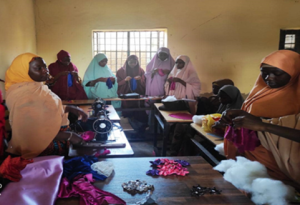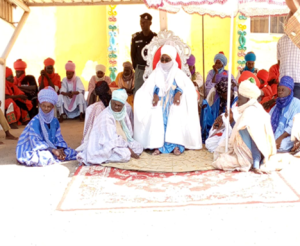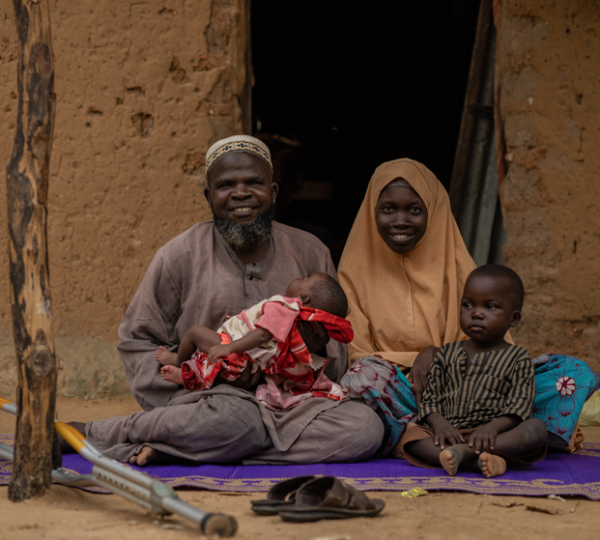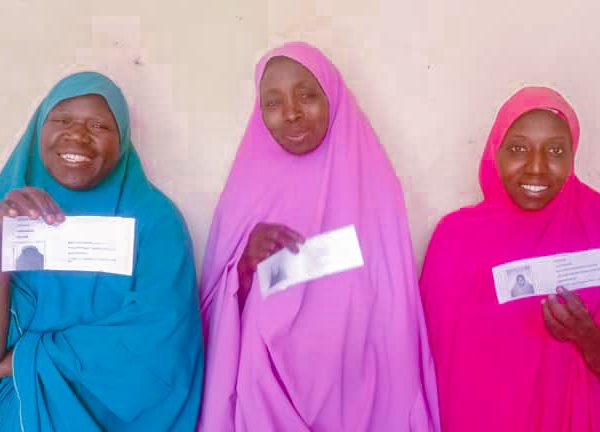Matasa Matan Arewa: Empowering Married Adolescent Girls for a Promising Future
By Foluwakemi Ogunkua, Fatima Mu’azu and Farouk Abdullahi

In Northern Nigeria, the prevalence of married adolescent girls lacking agency and support from their husbands when it comes to planning a healthy pregnancy and adopting contraception has had disastrous consequences for their well-being and the health of their unborn children. Complications during pregnancies have led to a high maternal and newborn mortality rate. However, in Kaduna State, the Matasa Matan Arewa model under the A360 Amplify, supported by the Bill and Melinda Gates Foundation and the Children’s Investment Fund Foundation, has successfully empowered married adolescent girls aged 15-19.
During the pilot phase of the project, which lasted nine months, extensive training and mentorship were provided to equip the adolescent girls with crucial entrepreneurial, financial management, and vocational skills. The project graduated over 2000 married adolescent girls from two local government areas, ensuring they possessed the necessary resources and knowledge to become economically self-sufficient. The training covered a wide range of skills, including tailoring, bead making, photography, poultry farming, fish farming, body beautification, bag making, and hairdressing.

As a result of the Matasa Matan Arewa model these girls now have the knowledge and skills to start and run their own businesses, gaining financial independence and the ability to support themselves and their families. Alongside economic empowerment, the project also prioritised the sexual and reproductive health of the girls, providing them with comprehensive education and services to make informed decisions about their bodies, family planning, and supporting their husbands.
Furthermore, the project successfully influenced the attitudes and behaviors of the adolescent girls, empowering them to make healthy choices and avoid harmful behaviors that could hinder their progress. By addressing social and cultural issues that could impact their well-being, the project has transformed the lives of these girls beyond economic and health improvements.
 The success stories of the married adolescent girls who have been economically empowered through this project serve as inspiration for other organisations and governments worldwide to invest in similar programs that integrate sexual and reproductive health and economic empowerment strategies for adolescent girls. By prioritising the well-being of girls, we can contribute to gender equality and sustainable development, ultimately creating a brighter future for all.
The success stories of the married adolescent girls who have been economically empowered through this project serve as inspiration for other organisations and governments worldwide to invest in similar programs that integrate sexual and reproductive health and economic empowerment strategies for adolescent girls. By prioritising the well-being of girls, we can contribute to gender equality and sustainable development, ultimately creating a brighter future for all.
In the endeavor to empower married adolescent girls in Nigeria, it is crucial to remember the role that institutionalization plays in promoting sustainable development. Through collective efforts, we can transform the lives of these girls, ensuring their well-being and contributing to a more equal and prosperous world for all.




